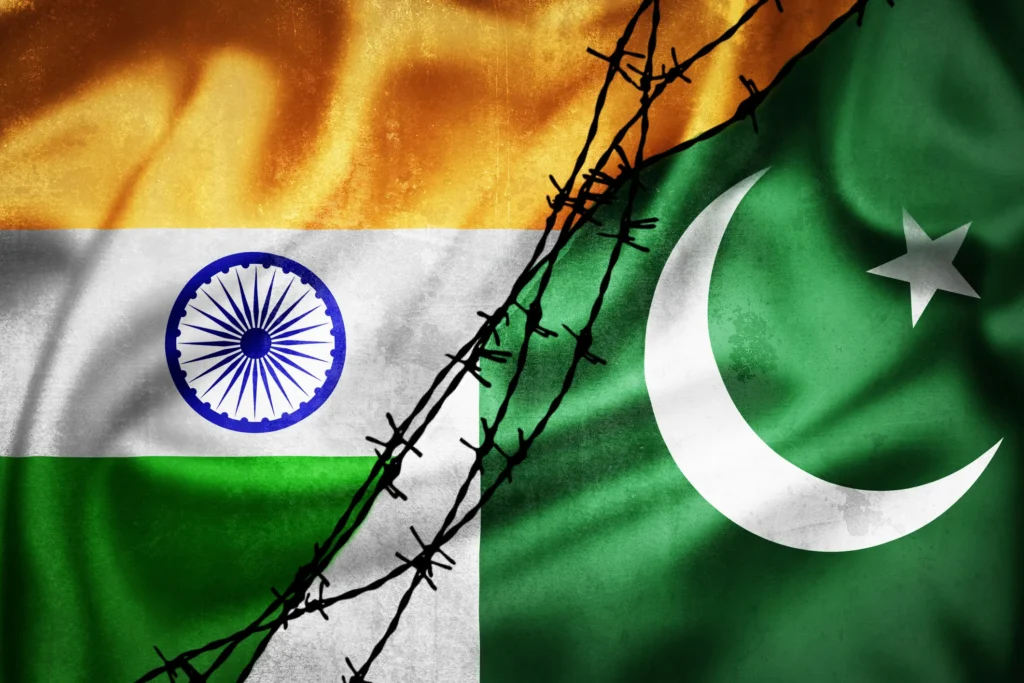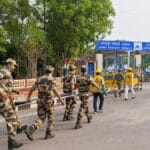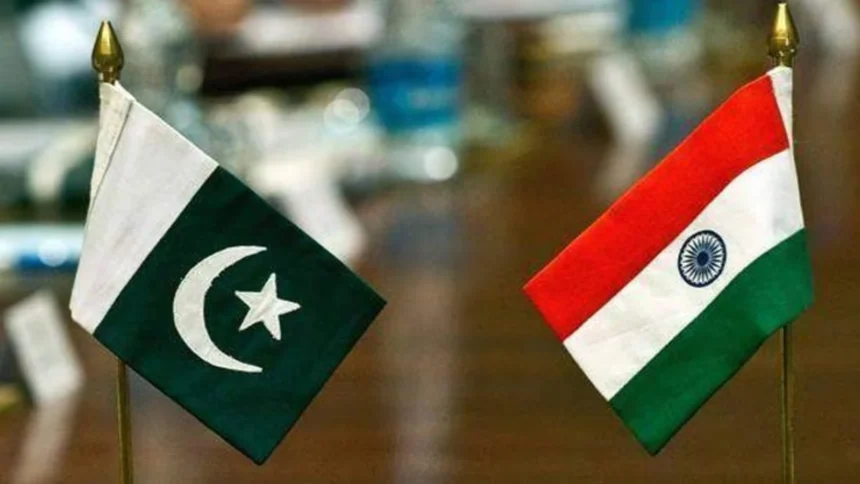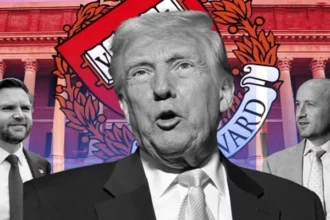India Pakistan Ceasefire In a significant development, India and Pakistan have agreed to a full and immediate ceasefire, effectively halting the most serious military confrontation between the two nuclear-armed neighbors in decades. The agreement, announced on May 10, 2025, follows intense diplomatic efforts led by the United States.
The ceasefire was confirmed by Indian Foreign Secretary Vikram Misri and Pakistani Foreign Minister Ishaq Dar, who jointly declared that both nations’ militaries had agreed to end hostilities. The announcement came after a series of high-level communications between U.S. officials and leaders from both countries.
U.S. President Donald Trump hailed the agreement as a major diplomatic success, stating that the United States had played a pivotal role in facilitating the ceasefire. He emphasized that the U.S. would continue to support both nations in their efforts to maintain peace and stability in the region
Background of the Conflict
Tensions between India and Pakistan escalated in early May 2025, following a series of military exchanges along the Line of Control (LoC) in the disputed Kashmir region. Both countries accused each other of initiating hostilities, leading to widespread concerns about the potential for a full-scale war.
The situation deteriorated rapidly, with both nations mobilizing their armed forces and engaging in airstrikes. The international community expressed deep concern over the escalating conflict, urging both sides to exercise restraint and seek a peaceful resolution.
Diplomatic Efforts and U.S. Mediation
Recognizing the urgency of the situation, the United States initiated diplomatic efforts to mediate between India and Pakistan. On May 9, 2025, U.S. Secretary of State Marco Rubio and Vice President J.D. Vance reached out to Indian Prime Minister Narendra Modi and Pakistani Army Chief General Syed Asim Munir, respectively. The U.S. officials conveyed the need for de-escalation and offered assistance in facilitating dialogue between the two nations.
Following these discussions, both India and Pakistan agreed to a ceasefire, with hostilities officially ending on May 10, 2025. The agreement was welcomed by the international community, including the United Nations, which called it a positive step toward lasting peace in the region.
Reactions from India Pakistan Ceasefire
In India, Prime Minister Narendra Modi addressed the nation, reaffirming India’s commitment to peace while emphasizing the need for Pakistan to take concrete steps to combat terrorism. He stated that India would continue to monitor the situation closely and would not tolerate any acts of aggression.
In Pakistan, Prime Minister Shehbaz Sharif expressed gratitude to the United States and other international partners for their role in facilitating the ceasefire. He also called for renewed efforts to resolve the Kashmir dispute through dialogue and peaceful means.
Ongoing Challenges and Future Prospects
While the ceasefire has brought an end to active hostilities, challenges remain. Both nations have accused each other of violating the ceasefire in the days following the agreement, with reports of cross-border firing and drone activity along the LoC. These incidents underscore the fragile nature of the ceasefire and the need for continued vigilance and dialogue.
The United States has pledged to continue its support for both India and Pakistan in their efforts to maintain peace and stability. U.S. officials have indicated that they are prepared to facilitate further discussions between the two nations to address underlying issues and promote long-term reconciliation.

Conclusion
The U.S.-brokered ceasefire between India and Pakistan represents a significant step toward de-escalating tensions in South Asia. While challenges remain, the agreement provides an opportunity for both nations to engage in dialogue and work toward a lasting peace. The international community remains hopeful that this development will pave the way for a more stable and secure region.
The India Pakistan ceasefire agreement, brokered by the U.S. in May 2025, has brought relief to millions in both nations, ending intense military confrontations along the Kashmir border. While this ceasefire marks a pivotal step toward peace, ongoing diplomatic efforts are crucial to address underlying tensions and promote long-term stability.
India Pakistan Ceasefire















